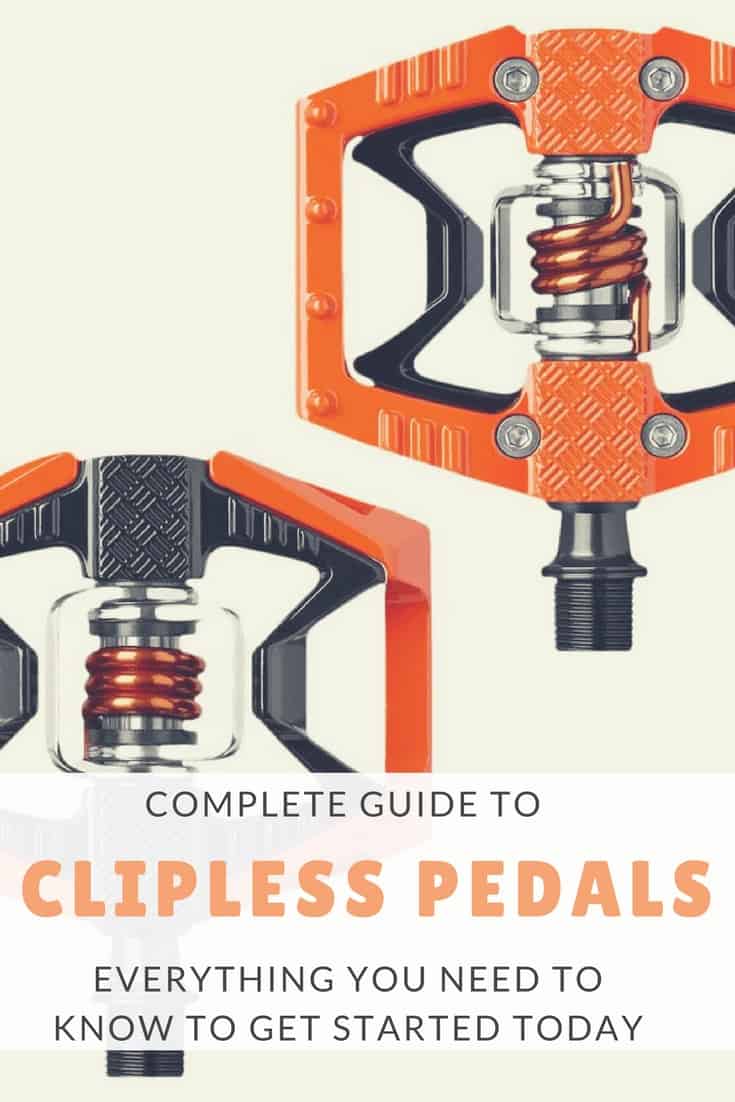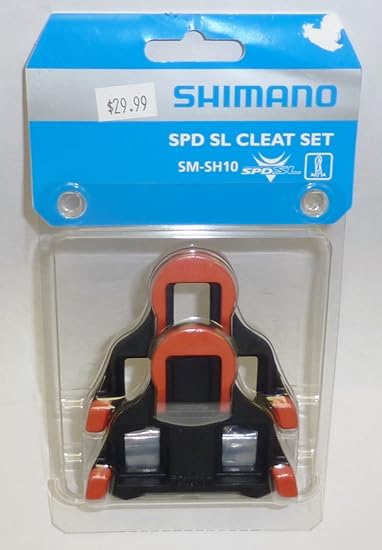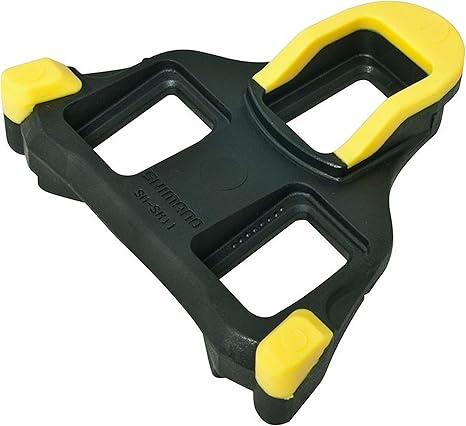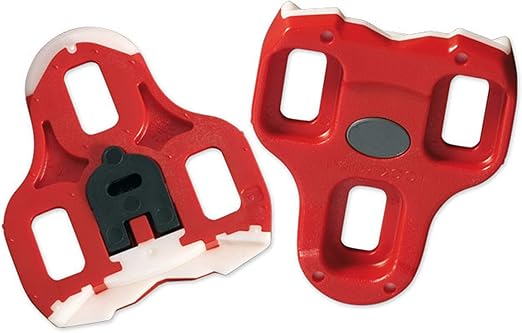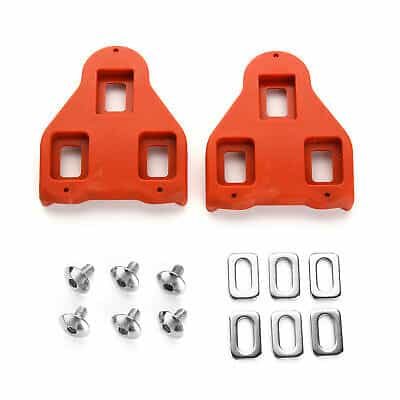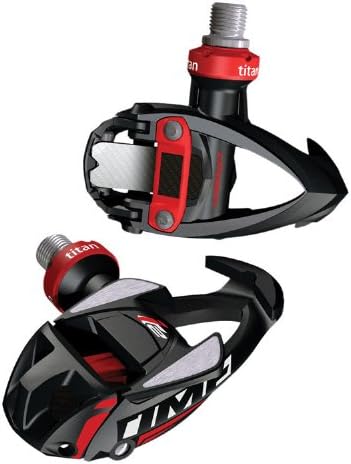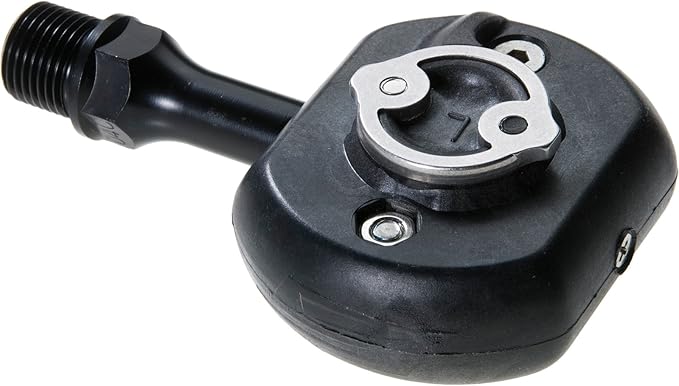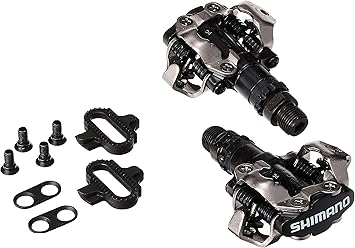- The Ultimate Guide to Women’s Specific Bikes - October 5, 2021
- Top Road Bikes Under $1000: Grab More Speed for Less Cash - October 5, 2021
- Get Fast! 8 Top Carbon Fiber Road Bikes Under $2,000 - October 5, 2021
As a beginner, upgrading to clipless pedals can feel like learning how to ride a bike all over again. But once you master the initial learning curve, you’ll no-double feel more in control and powerful on the bike. Ready to take the plunge? Here’s everything you need to clip in and elevate your riding to the next level.
Pedals: 101
There are three main types of pedals: flat pedals (or platforms), toe clips and clipless. We learn to ride a bike on flat pedals. But if you’ve ever smacked your shin on a loose pedal, you’ve no doubt realized the potential benefit of securing your foot. Initially, toe clips accomplished this by attaching the foot to the pedals via a strap. Brilliant idea, but a real hazard to escape from in a quick stop.
Enter clipless pedals which use a combination of a special shoe with a specific cleat that snaps into the corresponding pedal. Press your foot down to clip in and twist the heel to clip out.
It’s important to choose the pedal and shoe based on the type of riding you’ll be doing. For example, there are dedicated road and off-road or mountain bike pedals.
What type of bike fits your style? Check out my tips for finding the perfect bike.
Float
Clipless pedals are designed with float, which simply refers to how much lateral movement the foot can make while still clipped in. For instance, a pedal with more float will allow the foot to move more freely from side-to-side, whereas a pedal with little to no float will lock the foot securely in place.
Float is measured in degrees and is an important consideration for maintaining a comfortable bike fit and providing the body with the freedom to move comfortably. The right amount of float can help prevent knee and hip discomfort. Some pedals can also be adjusted for a tighter or looser feel, which makes it easier when learning to clip in.
Companies like Look and Shimano color code their cleats to indicate the amount of float. Don’t like the amount of float? Simply switch the cleats while keeping the pedals.
Shimano – Red 0 degrees, Blue 2 degrees, Yellow 6 degrees
Need new cleats? Replacement cleats for shaman SPD-SL road pedals. Just choose the right set with the right amount of float for you.
This is a genuine Shimano replacement part. Features hard-wearing TPU tips and PTFE inserts for smooth clip-ins. Supplied as a pair with 6 bolts and 6 fixing washers.
Includes three-hole composite road cleat. Rubber tips allow normal walking on any surface. Weighs approx 40g a pair.
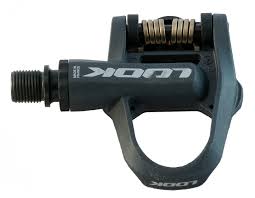
Look – Black 0 degrees, Gray 4.5 degrees, Red 9 degrees
The Look standard and its three holes is the market reference. Furthermore, the shoes themselves are only delivered with the three holes, which ensures the best stability.
The Keo cleats permit a safe and easy cleat release. Features three float options to fit your every cycling conditions needs.
Great replacement cleats. They will hold up well on your Keo.
Benefits of Clipless Pedals
Clipless pedals may seem like a pain at first, but there are some solid reasons to give them a try. Having your feet secured to the pedal ensures that your foot is in the proper position to deliver the most power to the pedals and it also allows your foot to engage on the upstroke, bringing the hamstrings and calf muscles to the party, as opposed to just the quads and glutes.
Riding in the poor weather or over rough surfaces becomes easier, as you don’t have to wrestle with your foot sliding off and bashing your leg against the pedal. Clipping in also makes it easy to jump over obstacles without worrying about your foot slipping off the pedal mid-air. Also using a dedicated cycling shoe is preferable because they are stiffer, which also increases power transfer.
Pairing cleats and shoes: Road vs. mountain
Road pedals
Not all cleats and shoes are compatible, so here are a few things to keep in mind. Most road cleats use a three bolt pattern, meaning the cleat attaches to the shoe using three bolts. Shoes come with pre-drilled holes to secure the bolts. The exception to this rule is Speedplay, which uses a four-bolt pattern. To use these, be sure your shoes allow for a four-bolt pattern or you can buy an adaptor.
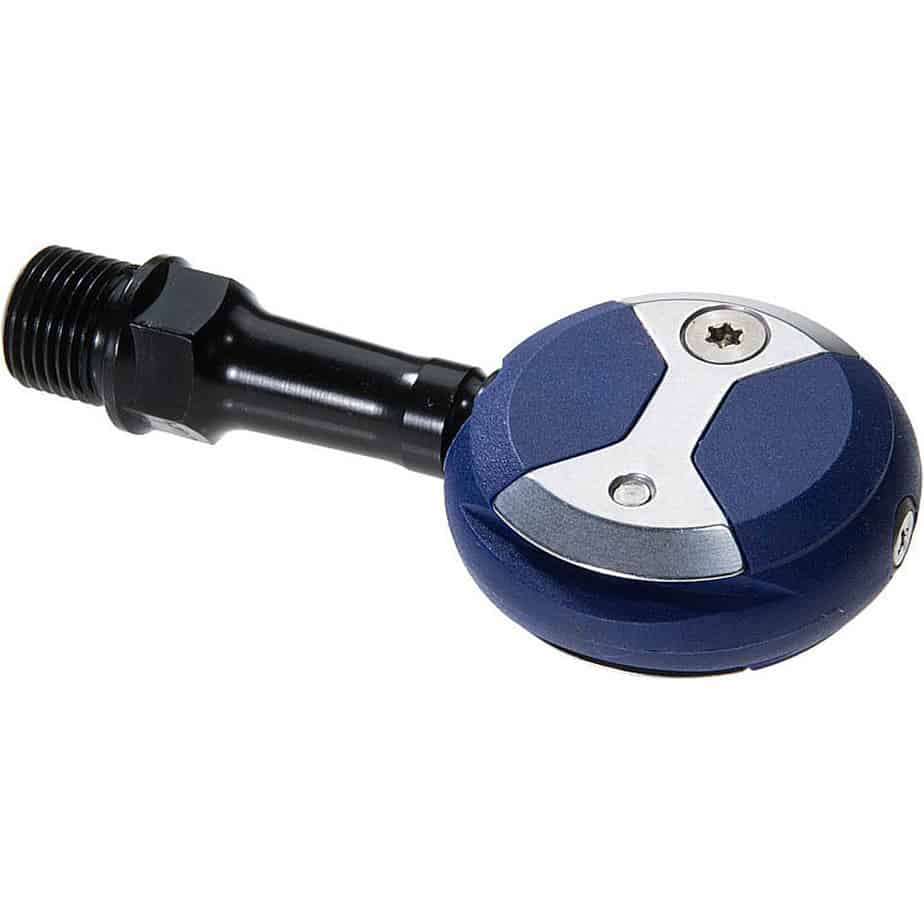
The cleats on road shoes are larger and stick out from the shoe, making it very awkward to walk in them. Because the name of the game is power transfer, road bike shoes are very stiff and good ones have carbon soles. They’re designed for use on the bike, not for walking, which can wear down the expensive cleats. If you must walk, put most of the weight on your heels and use an inexpensive cleat cover.
Road pedals include Shimano SPD-SL, Look, Speedplay and Time.
Clip into the Shimano PD-R540 SPD-SL Road Bike Pedals and simply ride -- a large binding target makes clipping in fast and easy, and you can pedal with confidence and stability thanks to a wide pedal platform.
Ideal for beginning cyclists, the LOOK Ko Classic 2 Road Pedals are very easy to use and feature a new bi-injected composite body with a larger dimpled surface area for improved pedaling stability, comfort and easier entry/exit.
These are the lightest pedals in the I-Clic line, and that makes them some of the lightest road pedals out there. Time achieved a skimpy weight through the use of a titanium axle and full carbon fiber body.
This Bike Pedal is an innovative design and unrestricted float changed the shape of clipless pedals and continue to prove that user-friendliness, comfort, and improved performance are all attainable in a simple, lightweight package.
Need a road shoe? Here are some of my favorites
Off-road, commuter, cyclocross and mountain pedals
On the flipside, mountain bike shoes feature a two-bolt cleat that is recessed in the shoe. While road shoes are slick on the bottom, mountain bike-specific shoes tend to have some tread or cleats to help give riders more traction on the trails, making them ideal for walking in. Another big difference is that mountain bike cleats are recessed in the shoe and have double sided entry, making it possible to clip in from both sides of the pedal. Road shoes generally have a one-sided entry with Speedplay being the exception. Speedplay are a little different all around with the locking mechanism contained in the cleat as opposed to the pedal.
Mountain bike-specific cleats and shoes are ideal for beginners because they’re easy to clip in and out of, have double-sided entry and the shoes are easy to walk in and you won’t have to worry about grounding down the cleat. For beginners, some of the most popular pedals are Shimano SPD, which have a two-bolt pattern and are perfect for mountain biking, touring and commuting. Cyclocross also uses this cleat style. This is a great beginner pedal because the tension is light and easy to clip out of.

It’s important to remember that not all two and three-bolt systems are compatible. For example, you can’t use Shimano cleats with Look pedals, even though they closely resemble each other. Always check compatibility first. Most pedals come with a set of cleats.
Mountain-style pedals and cleats include Shimano SPD pedals , Time A-Tac pedals , Speedplay pedals and Crank Brothers.
Can you use off-road cleats with road shoes? Absolutely and many beginners do.
This pair of sport pedals with cleats is suitable for either road biking or mountain biking. Distinctive features including an open binding mechanism that's better designed to shed mud, along with a low-maintenance, sealed-bearing cartridge axle.
Our guide to the best clipless mountain bike pedals.
How to set up cycling cleats
Just as everyone’s bike fit is different, so is the cleat placement on each rider’s shoes. It’s a good idea to enlist the help of a bike fitter to set up cleats for the first time. If you want to do it yourself, start by centering the cleat on the ball of your foot. Sitting, let your feet dangle, noting the natural direction your feet fall in. Adjust the cleats to mirror any turning of the feet. Next hop on your bike and pedal for a bit. If you feel any tugging at the knee or ankle, get off and adjust the cleats until spinning feels very natural. You may have to keep playing around with the fit until it feels right.
How to achieve the perfect DIY bike fit
Tips for learning to ride clipless
Start by leaning against a wall and practice just clipping in and out over and over. Every time the pedal engages and disengages, you will hear and feel a click as your foot snaps in and out of place. Continue to practice until it feels natural. Half of the battle is simply remembering to clip out in time and this only comes with time and practice.
When you’re comfortable clipping and unclipping, find some grass to ride slowly across and then practice clipping in and out as you pedal. Practice clipping out, putting your foot down and then getting started again. When you do finally get the courage to ride on the road or bike trail, be sure it’s relatively free of obstacles or traffic. If you feel more comfortable, you can remove one foot from the pedal early, keeping the foot rested on the pedal until you stop. Practice is key and, in time, it will feel like second nature. Most people take a spill first, however, so don’t become too discouraged. It’s all part of the learning process.
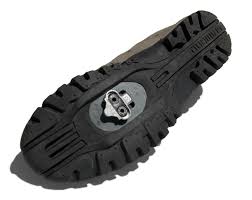
Tips for beginners
- An expensive pair of cleats and pedals isn’t necessary at first. Cheaper pedals tend to be heavier, less durable and don’t offer as much adjustability, but they’ll still get the job done as you’re learning.
- Most pedals allow you to adjust the tension, making it easier to clip out.
- For a more secure walking surface and to keep from wearing down road cleats, buy a cheap cleat cover to wear when you’re off the bike.
- Keep an eye on cleat wear and replace cleats when they wear to the indicator line.
- Keeping your cleats clean will make clipping in and out easier.
- To easily replace worn cleats, use a Sharpie to outline your old cleat, remove it and then use the marks to line up the new cleat.
Want even more cycling hacks or to connect with a community of like-minded cyclists? Join us in our free Facebook Group.
Related: The Best Road Cycling Shoes: The Definitive Guide for 2018

